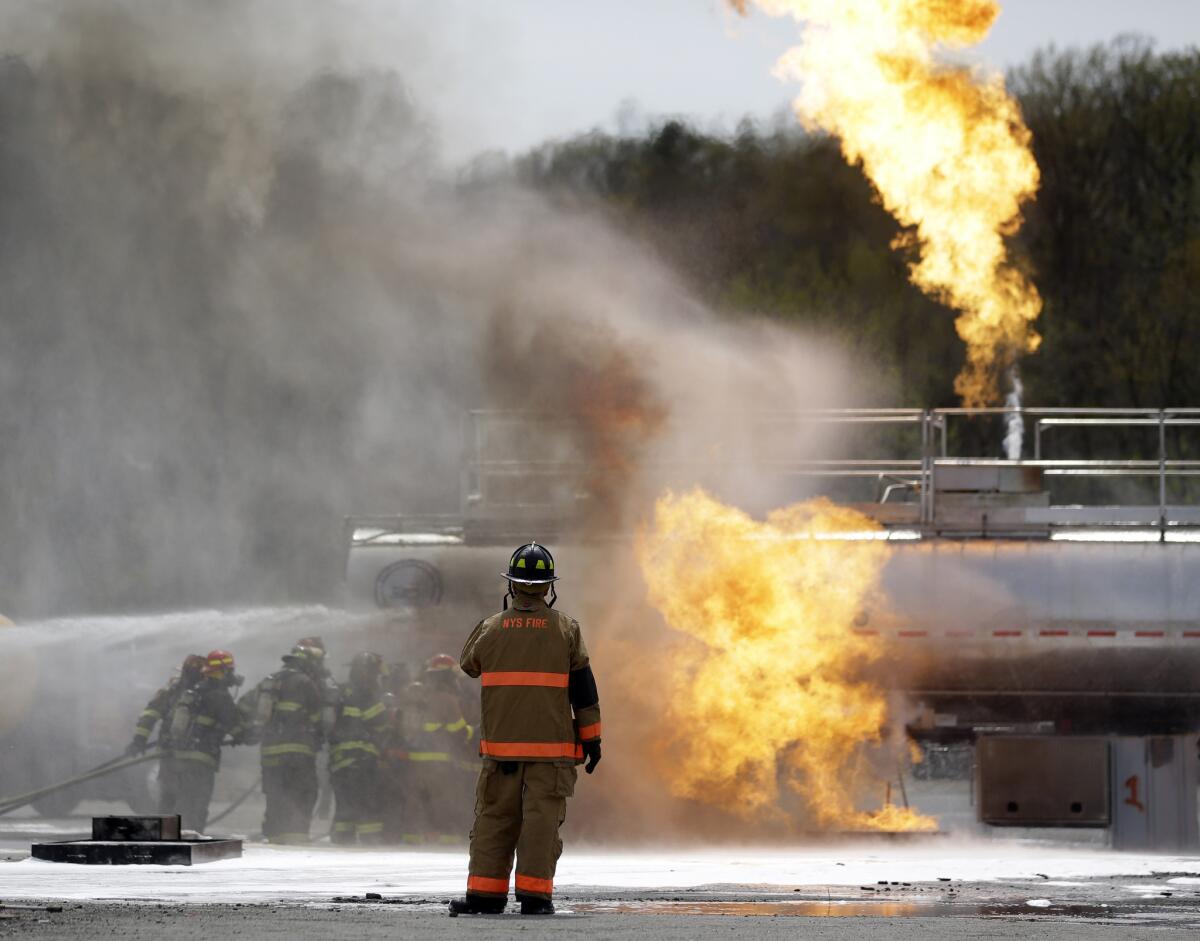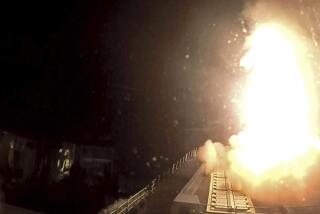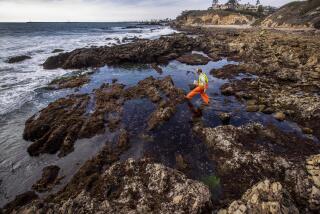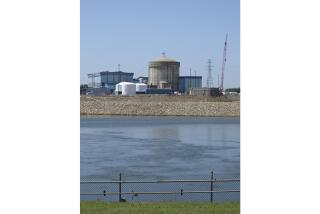States must be warned of risky crude oil shipments, authorities say

Calling a “startling” pattern of spills and fires an “imminent hazard,” the U.S. Department of Transportation took another small step Wednesday toward addressing the growing risks of shipping oil by rail from the North Dakota region to both coasts.
Trains carrying more than 35 tank-cars’ worth of especially volatile Bakken shale crude oil must now notify a state’s emergency management authority about shipments before passing through that state. U.S. Transportation Secretary Anthony Foxx also asked railroad operators to make a reasonable effort to start using newer tank cars that are less susceptible to damage.
The announcement comes days after as many as 30,000 gallons of crude oil burned or spilled into the James River in downtown Lynchburg, Va., following a derailment. Several other incidents, including a 400,000-gallon spill in North Dakota, during the last 12 months have sparked concerns about the rail shipments.
In Illinois, a spokeswoman for the state’s emergency management agency said it was still reviewing the new order.
“But we always welcome more information that would help our first responders,” Patti Thompson told the Los Angeles Times.
The CSX Transportation train that derailed in Virginia had come through Chicago. Thompson said Illinois authorities have a login to CSX’s live dashboard of train shipments, giving them quick access to information in emergencies. But Illinois doesn’t have deals with other rail carriers, such as BNSF.
CSX said in a statement that it had stepped up training of first responders along its routes and recognized that “the additional volumes of crude oil being carried require additional safety considerations.”
BNSF issued its own statement, saying it was in the process of purchasing 5,000 new tank cars and that cargo information is shared with states when it is requested.
“The safety of the communities where we operate is our highest concern,” a company statement read.
John Gleason, a spokesman for Utah’s Department of Transportation, said “any kind of advanced information we could get to support our emergency responders would be a benefit.”
Companies that fail to follow the new notification requirement face fines of up to $175,000 for each violation. The new order still does not require public notification of rail shipments, but does start to address the concern of some local lawmakers who’ve said communities deserve to know about dangerous cargo traveling near their backyards.
Sen. Charles E. Schumer (D-N.Y.) called the order a “crucial first step” that “opens the door for life-saving info to be shared with local first responders.”
His Democratic colleague from New York, Sen. Kirsten Gillibrand, urged the oil industry to “step up to protect communities by heeding [the] safety alert” and phasing out the older tank cars.
New rail car standards are under federal review, but it’s unclear when they might be adopted. Foxx has suggested that the moves being made in the interim are the best possible. In recent months, federal officials have pushed rail carriers to slow down trains in sensitive areas and avoid urban areas altogether when shipping crude.
“The safety of our nation’s railroad system, and the people who live along rail corridors is of paramount concern,” Foxx said in a statement.
More to Read
Start your day right
Sign up for Essential California for news, features and recommendations from the L.A. Times and beyond in your inbox six days a week.
You may occasionally receive promotional content from the Los Angeles Times.







